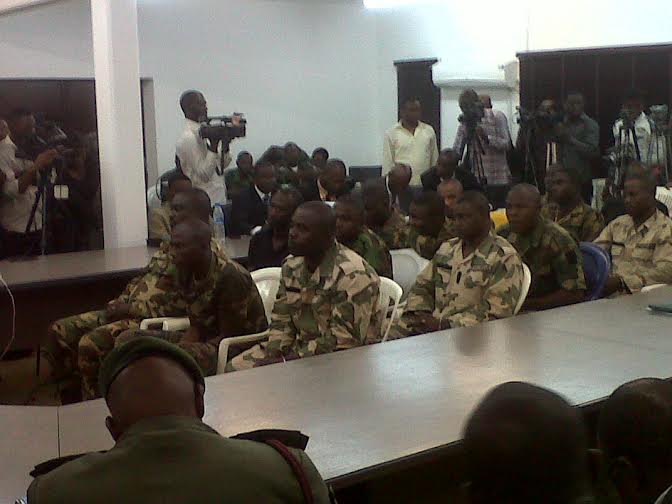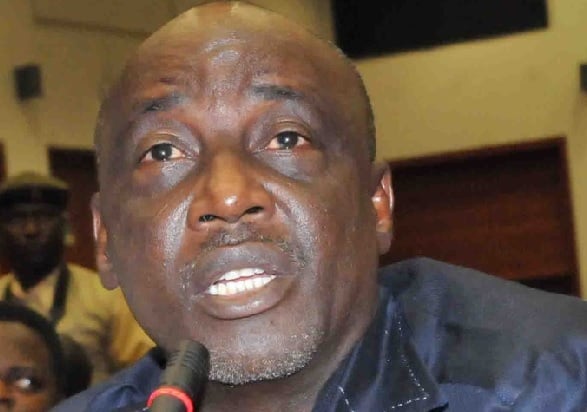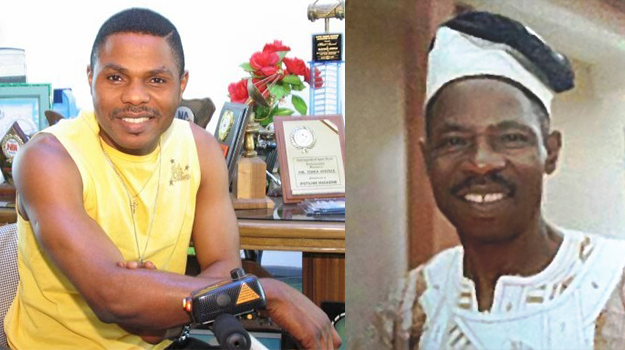Three of the 12 soldiers sentenced to death on September 15 by the military general court martial have challenged the trial that led to their conviction at the Court of Appeal.
The three soldiers, Igomu Emmanuel, Stephen Clement and Andrew Ngbede, raised 11 grounds of appeal in a case filed for them last Thursday by their lawyer, Godwin Obla. They described the charge on which they were tried and convicted as “vague, disjointed, imprecise and incoherent”. The appellants have therefore asked the court to set aside the decision of the military general court martial.
They argued that “The general court martial erred in law and thus occasioned a miscarriage of justice when it disregarded the objection of the defence counsel raised before and at the arraignment of the appellants on the defective nature of the charge brought against them.”
The soldiers noted that they were charged and convicted at large under Section 114 of the Armed Forces Act, as the charge did not tie the offence they allegedly committed to any of the sub-sections of Section 114 of the Armed Forces Act.
Advertisement
They said the section did not define the offence of criminal conspiracy as an offence known to law.
The appellants described Count One, under which they were charged and convicted, as “ambiguous, uncertain and defective”, because they were charged under Section 114 of the Armed Forces Act but punished under Section 97 (1) of the Penal Code Law.
They also faulted the third count of the charge, describing it as “uncertain and defective” because they were charged under Section 95 of the Armed Forces Act, which provided a punishment of life imprisonment if convicted, but were sentenced to death under section 106 of the Act.
Advertisement
The appellants said the general court martial convicted them on an equivocal, indirect, negative, uncorroborated and suspicious circumstantial evidence.
Add a comment






